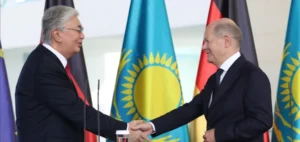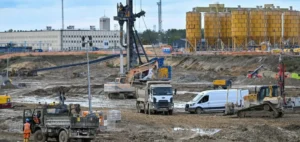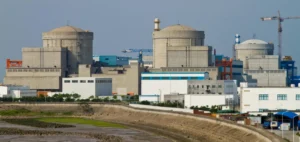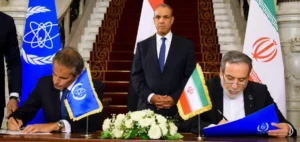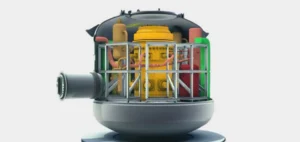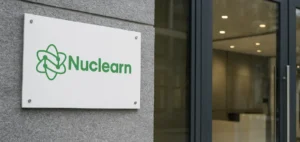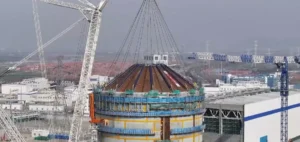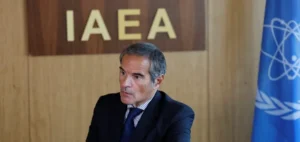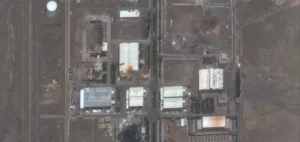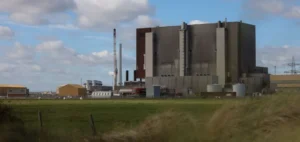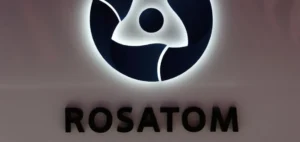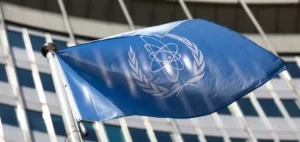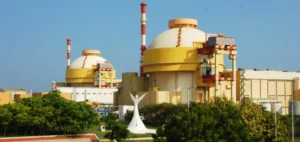Located approximately 600 kilometers south of Moscow, the Novovoronezh nuclear power plant, operated by Novovoronezh NPP, a subsidiary of Rosenergoatom, was recently subject to a thorough audit conducted by the International Atomic Energy Agency (IAEA). The operation, requested by the Russian government, took place from January 13 to 30 and aimed to assess the safety of units 4 and 6 of the plant.
An Evaluation Mission to Strengthen Safety
The evaluation team, composed of seven international experts from Belarus, Brazil, China, Iran, and South Africa, along with four IAEA members and one Russian observer, focused on multiple aspects of reactor operations. Among the criteria examined were leadership and management for safety, personnel training and qualifications, as well as operations and maintenance.
The audit revealed a strong commitment to safety, with practices aligned with IAEA standards. One particular highlight was identified as a best practice to be shared globally: main control room operators at the plant have access to an electronic display providing real-time monitoring of hydrogen ignition risk in the event of a severe accident.
Targeted Recommendations for Improvement
Despite strong performance, the mission outlined several recommendations to further enhance the safety of operations. These include improving tools to minimize human errors, optimizing maintenance operations, and enhancing equipment monitoring to anticipate any potential degradation.
This mission is part of an ongoing safety evaluation process for the plant, which operates seven VVER-type reactors. While units 1, 2, and 3 are in decommissioning, units 4, 5, 6, and 7 remain operational. The audited reactors include a VVER-440 model (unit 4) and a more recent VVER-1200 model (unit 6), marking the first time an IAEA inspection in Russia has covered two different VVER generations simultaneously.
A Roadmap for the Future
A preliminary report from the mission has been submitted to the plant’s management, which will have the opportunity to provide comments before the official document is finalized within three months. Novovoronezh Plant Director Vladimir Povarov emphasized the importance of these evaluations and confirmed that unit 7 would also undergo a similar inspection in the future.
The IAEA audit is part of a broader global nuclear safety monitoring framework, aimed at standardizing regulations and ensuring ever-higher safety levels within the industry.



